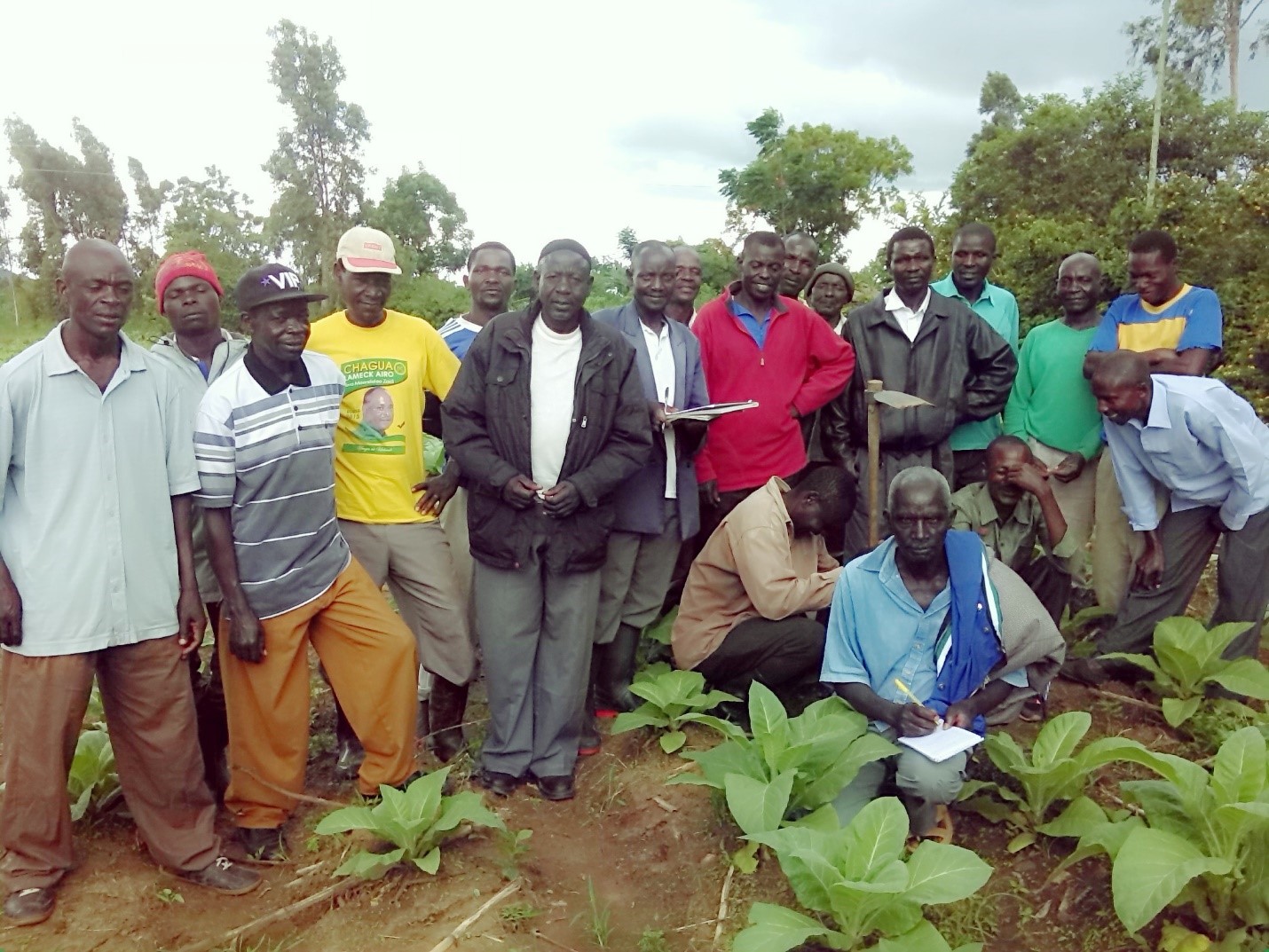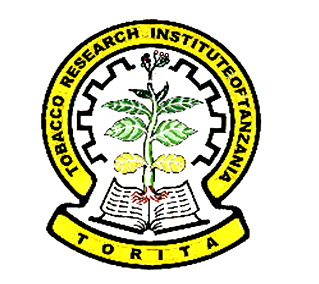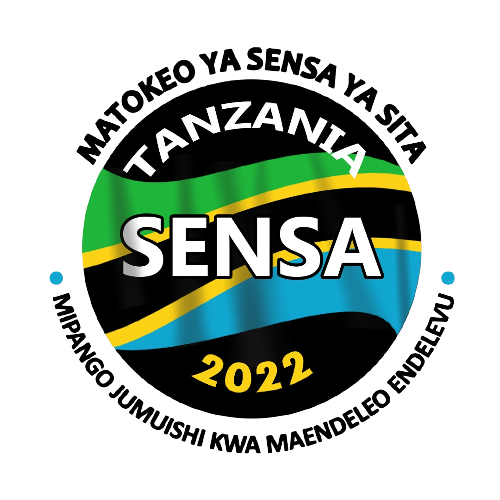Farmer’s training on the adoption of new technologies

Tobacco is one of the traditional cash crops which is grown by the majority of farmers within the Miombo woodland of Tanzania. Since colonial-era tobacco has been the primary source of household income in the tobacco growing regions of Tanzania.
Introduction
Tobacco is one of the traditional cash crops which is grown by the majority of farmers within the miombo woodland of Tanzania. Since colonial-era tobacco has been the primary source of household income in the tobacco growing regions of Tanzania. In terms of national economic contribution, tobacco is ranked in the first three crops out of other cash crops which are contributing to foreign exchanges within the country. The sector growth in terms of the total area under cultivation and numbers of farmers participating in tobacco farming is increasing, regardless of its health and environmental challenges faced. This is a sign that tobacco farming is still a reliable and promising cash crop within the tobacco growing areas of Tanzania.
As a result of its growth, the sector is currently attracting some international companies which are involved in tobacco buying, processing and trading. Also, worldwide, especially in the Asian continent (China), the demand for tobacco is increasing. However, though there is a high demand for flue-cured tobacco from this part of the world, production of tobacco with good quality cannot be ignored.Thus, Training of Trainers (TOT) and Farmer Field Schools (FFS) /or demonstration plots are two core activities which cannot be overlooked for any stakeholders within the tobacco industry. These are effective ways to help bring extension workers up to date on newly developed tobacco technologies.
The knowledge gained will enable them to organize Farmer Field Schools for farmers in their area. Farmer Field Schools are based on ecological principles, participatory training and non-formal educational methods. This model emphasizes learning through experience and dealing with real field problems. Training, according to such principles, implies facilitation of the learning process rather than instruction. Also, FFSs allow farmers to experiment, sharpen their observation and research skills and take the initiative, adapting the alternatives to local conditions. Thus, training should not be merely a field demonstration or the organization of isolated field days; usually farmers are eager to adopt alternative control technologies that they have tested and improved their yields.
The farmers training components is the core services that contribute significantly to the improvement of crop yields and quality, and therefore stakeholders such as tobacco buyers are encouraged to support farmers training program to reach many growers. Farmer’s training also covers the following core areas, (i) good agronomic practices (GAP) in sections of nursery preparation and management, field management, (ii) curing technologies of tobacco leaf, (iii) social responsibilities in tobacco production (SRTP) covering post-harvest management, agroforestry, combating child labor in tobacco fields and financial management to improve farmer’s livelihood.
Procedures in training farmers
1.Research findings on GAP and new technologies, including registration of new varieties in collaboration with TOSCI are transferred to the tobacco stakeholders through a series of training programs.
2.TORITA trainers, researchers and economists communicate with the Agricultural Department in respective District Councils to inform them on the planned training dates to different primary societies.
3.District Councils inform and organize extension and field officers to be available during the farmer’s training session to gain new technologies to become training of trainers.
4.TORITA staff, in collaboration with extension and field officers, organize demonstration plots for practical training throughout the cropping season involving farmers (FFS).
5.Monitoring and evaluation of the training conducted after at least two years in order to gauge and tracking the compliance levels of tobacco farmers towards new technologies.


